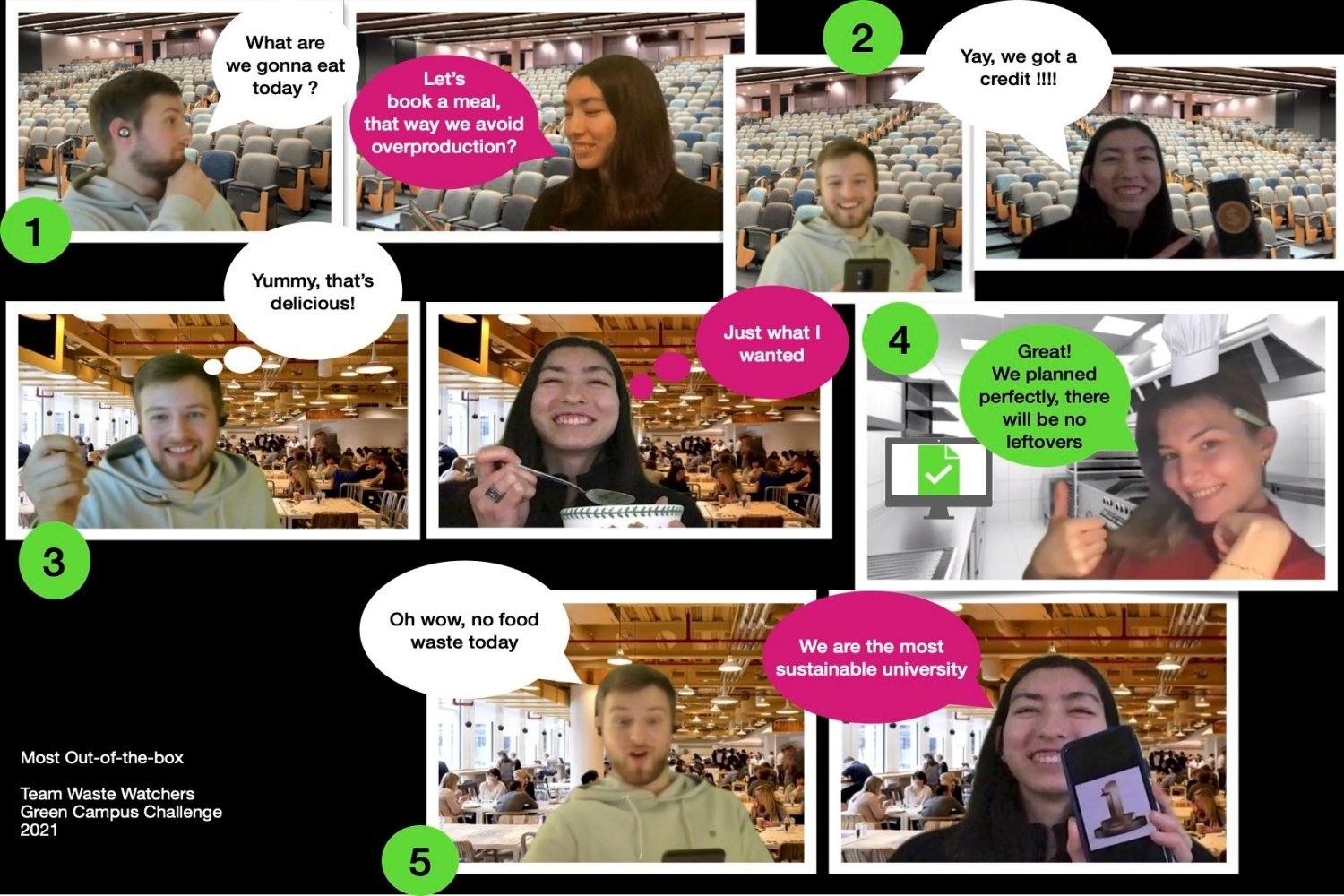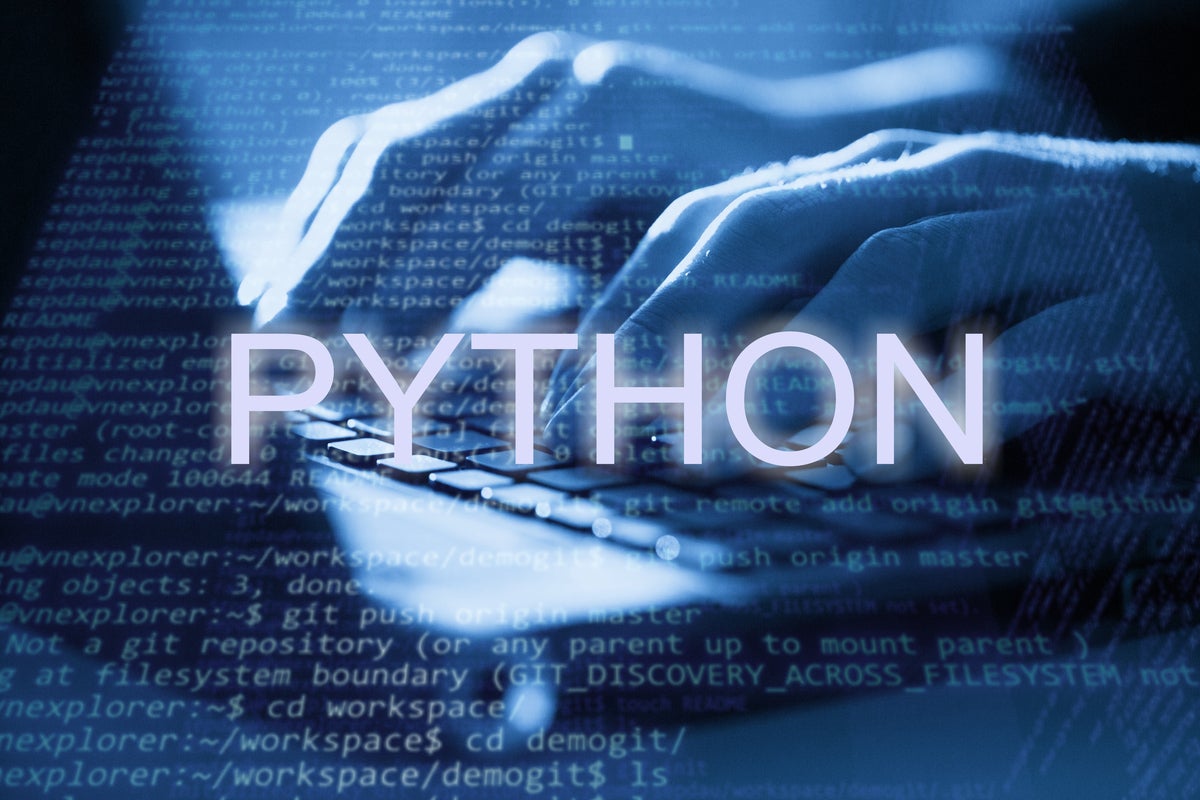MIT and Danish university students unite to envision a more sustainable future
MIT-Denmark launches Green Campus Challenge to imagine a new, sustainable campus, with international collaboration at the center.

Climate action is among the top priorities for the Institute and one that demands global solutions. With Denmark’s reputation as a leader in sustainable thinking, finding a way to bring the two together presented a natural synergy for the MIT-Denmark program. Part of MIT International Science and Technology Initiatives (MISTI), MIT-Denmark connects students and faculty with institutions and industry in Denmark to advance critical research, build new technologies, and create innovative partnerships. Despite the recent challenges due to pandemic-imposed travel restrictions, developing these meaningful international collaborations continues to be a top priority for both MIT students and their counterparts abroad.
The Green Campus Challenge was launched with these goals in mind, tasking student teams to develop proposals to make a more sustainable campus and also broaden their cross-cultural competencies and learn about how sustainability is perceived in another culture.
“We need to work together to make our future more sustainable, and our campuses are the perfect place to start,” says Madeline Smith, program manager for MIT-Denmark. Smith hosted the event alongside the Confederation of Danish Industry (Dansk Industri) with additional collaboration from the MIT Office of Sustainability and the MIT Design for America Club. In the challenge, students ideated solutions and developed plans to make their university campus more sustainable within the areas of architecture/community spaces, energy, and food/waste. They tackled these issues from a global perspective, working in teams that included both MIT and Danish university students.
MIT students joining the challenge came from a variety of class years and majors, from first-year students to PhD candidates, with interests ranging from computer science to civil engineering to urban planning. Danish university students came from top universities across the country, including Aalborg University (AAU), Copenhagen Business School (CBS), the Technical University of Denmark (DTU), University of Copenhagen (KU), and Southern Denmark University (SDU).
Beyond science and technology
Challenge organizers enhanced the experience by providing student teams with mentorship from campus stakeholders, experts in academia and entrepreneurship, and some of Denmark’s most innovative companies. Danfoss advised students on district energy solutions, while mentors from KU and MIT Office of Sustainability provided information about food and waste systems. Other mentors included representatives from Rambøll, SPACE10, Blue Lobster, EcoTree, and DTU Skylab.
“Working on this event was very exciting for us,” says Miha Bobič, vice president of business development and product portfolio at Danfoss, who joined the Green Campus Challenge both as a mentor and on the jury for finalist pitches. “Due to current circumstances, we could not get the experience of face-to-face meetings and mentorship, but students still showed a great deal of engagement and developed innovative ideas, which, if properly developed, could end up as new startups.”
In between mentorship and team brainstorming, there were workshops to help students develop innovative thinking processes, consider project stakeholders, and learn how to pitch their idea to a sustainability-minded audience. Students found time for some fun as well and joined together for MIT and Denmark-themed trivia, yoga, and even a food waste-preventing cooking class organized by Danish startup, Too Good To Go.
“It was a great experience diving into ideation, collaborating with our international teammates, learning more about their culture and approach to innovation and sustainability,” says Allison Lee, a master of city planning candidate at MIT.
The event culminated with teams presenting their pitches to a panel of judges from the U.S. and Denmark, including Franklin Carrero-Martinez (U.S. National Academy of Sciences, Engineering, and Math), Kinga Christensen (Dansk Industri), Susy Jones (MIT Sustainability), and Tomas Refslund Poulsen (KU Green Campus Initiative), as well as a jury from Danfoss, which selected a winner to recognize within the field of energy innovation.
“It was inspiring to see talented students from MIT and Danish universities pitching their ideas to create sustainable campuses for the future,” says Kinga Christensen, deputy director general for the Confederation of Danish Industry. “By bringing together their skills and perspectives, alongside the mentorship they received from Danish companies and university experts, they were able to develop some truly innovative sustainability proposals.”
Teams find winning solutions
Winning the grand prize was team Green-(In)-Spire, who proposed a campus sustainability world fair. Their plan would include a designated space on campus to showcase technologies and inventions that address campus sustainability through events and “world fairs.” The team members were Allison Lee (MIT), Anna Worning (AAU), Erik Koors (SDU), John Liu (MIT), and Kiara Wahnschafft (MIT).
Team FreeCyclers received runner-up honors for their idea to create a centralized freecycle space. This space would allow students to donate and pick up items too good to throw away, such as books, kitchen equipment, clothing, and more. The team included Eva Smerekanych (MIT), Isabel Dolp (CBS), Niklas Ludvigsen (CBS), Melissa Møller (AAU), and Shristi Rijal (SDU).
For innovations in energy, the Danfoss Prize was awarded to the team UniGreen Farmers for their idea to develop UniGreen Farms, university-led urban rooftop research facilities where interdisciplinary research could take place between senior and entry-level researchers and students. Team members were Brian Li (MIT), Federico D'Ascanio (KU), Frederik Bøllingtoft (AAU), Julia Romero (KU), and Kosmas Subashi (KU).
“This pandemic hasn’t made international collaboration easy,” says Smith. “But seeing students from MIT and Danish universities finish the Green Campus Challenge both eager to make a sustainability impact on their campus community and excited about the international network they’ve developed demonstrates the value of these types of cross-cultural experiences.”
With support from the Danish Industry Foundation and the Confederation of Danish Industry, MIT-Denmark connects MIT students and faculty with institutions and industry in Denmark. MISTI’s global experiential learning programs are made possible through the generosity of individuals, corporations, and foundations. For more information, email misti@mit.edu or contact country program managers directly. MISTI is an experiential program in the Center for International Studies within the School of Humanities, Arts, and Social Sciences.





































